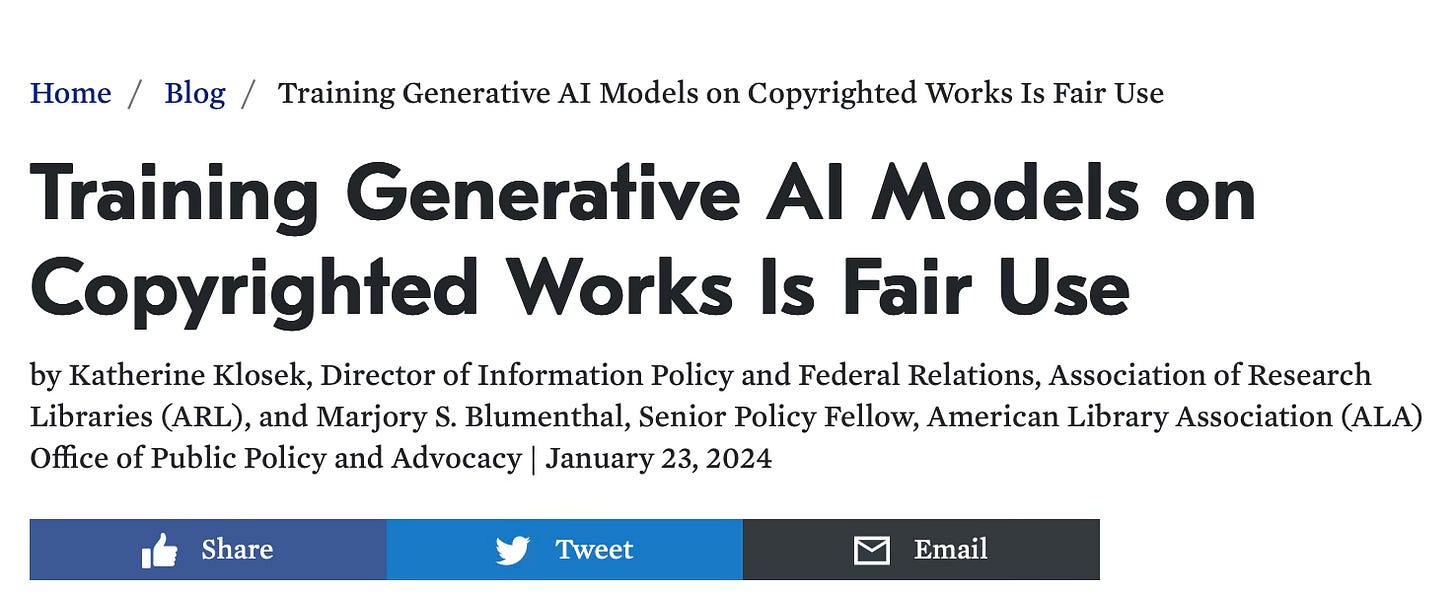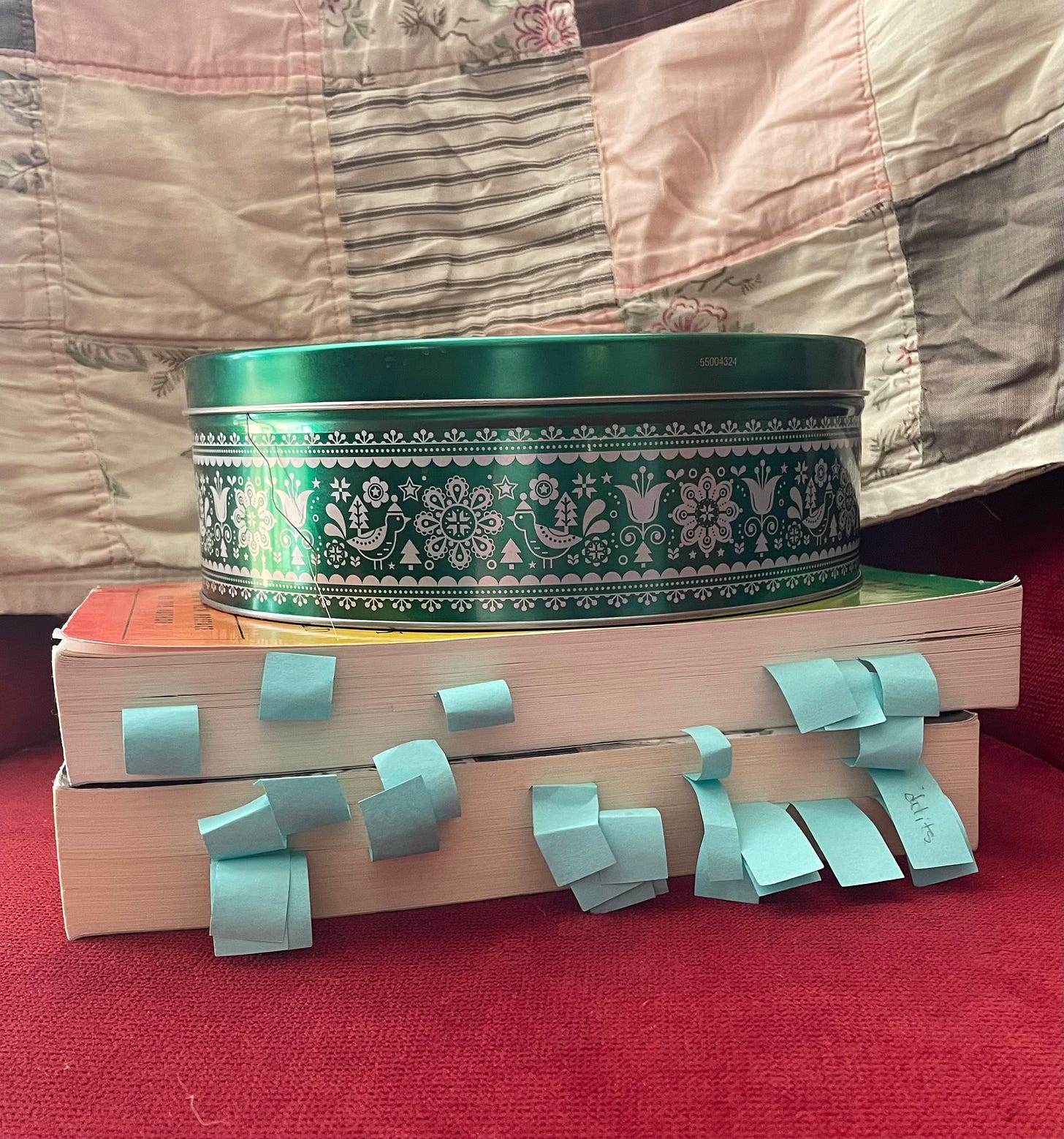Some recent developments that help distill the year’s preoccupations:
—UCLA proudly announced that one of its comparative literature classes will use course materials—which is to say books, or replacements for books—generated by Artificial Intelligence. As I wrote in October, addressing whether college students can or can’t read whole books really needs to start with this kind of thing. If students are attending schools that seem to diminish books, then perhaps they’re receiving the message that reading books isn’t important. Real books, real publishers, real authors—these are on the chopping block at UCLA, and the university depicts it as a cause for celebration.
—Part of the tragedy here is that Artificial Intelligence is fueled by “ingesting” the conventional books and other copyrighted material that it seeks to replace. That’s how AI is trained, and it’s controversial. One tidbit that I missed earlier this year, but which seems important to understanding the current state of play, is that the country’s major library associations have come out on the side of big tech, saying it’s okay to train AI with copyrighted work. While there are very public protests about publishers licensing material to the AI players, these may amount to a distraction when the American Library Association and the Association of Research Libraries claim the practice of feeding books to AI amounts to fair use—regardless of what publishers and authors may say about it. So if you’re keeping track of who, in the world of books, is abetting Silicon Valley’s push toward immiseration, be sure to put library associations toward the top of your list. It’s another example of library thought-leaders (especially from the academic end of things) expressing surprising hostility toward the ecosystem that supports publishers, authors, and (ultimately) readers. More about that in my post from June.
—I’ve noted before that the tiny University of Akron Press is a bright spot in the news about publishing. Their finalist for the National Book Award in poetry has now won the whole thing—an example of a press slated for closure that’s bounced back in an inspiring way. My colleague Jeremy Wang-Iverson has more on publishers and prizes, comparing the US and Spain, in his recent guest post.
—And then there’s the stack of books my kid brought home at Thanksgiving break. (This photo is not staged—I don’t know what the cookie tin is doing there.) I spent twenty-five years working with books and higher ed before sending a student of my own to college, and the experience of seeing things from the other side has made the stakes seem clearer than ever. The couple of hundred bucks our family spent on the semester’s books is a tiny fraction of our overall investment in higher education. The benefits—in helping sustain publishers, booksellers, and authors, and in cultivating our student’s relationship to real books—are immeasurable.




I wish library associations understood that few authors are wealthy, and that they need to make a living.